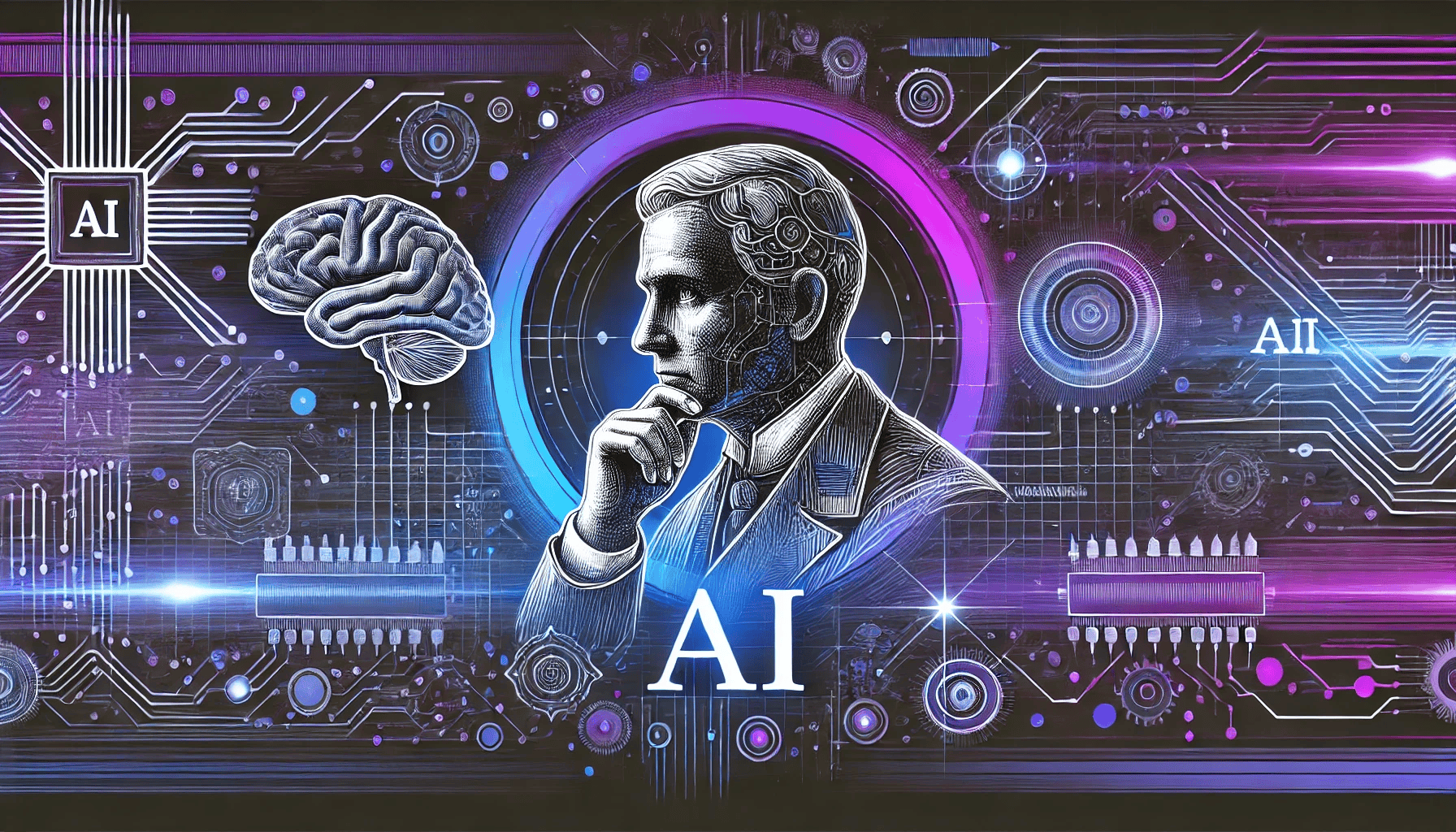The integration of artificial intelligence (AI) into business processes presents both opportunities and challenges. As organizations strive to harness the power of AI, they encounter various hurdles that can impede successful implementation. This blog explores the AI adoption challenges, strategies for overcoming these barriers, and insights from experts on navigating the complexities of AI integration in today’s business environment.
The Current Business Landscape and AI Adoption
The landscape of AI adoption is rapidly evolving, with businesses increasingly recognizing the potential of AI technologies to enhance efficiency, drive innovation, and improve decision-making. However, the journey towards effective AI adoption in the current business landscape is fraught with challenges that organizations must address.
Key Challenges to AI Adoption
Skills Gap
- A significant barrier to AI adoption challenges is the lack of skilled personnel. Many organizations struggle to find employees with the necessary expertise in AI technologies, which hampers their ability to implement AI solutions effectively. According to recent studies, a staggering 69% of organizations report a shortage of qualified AI professionals, making it essential for companies to invest in training and upskilling their workforce.
Cost Implications
- The financial burden associated with implementing AI technologies can deter organizations from pursuing these initiatives. Costs related to software acquisition, infrastructure upgrades, and ongoing maintenance can be substantial. Furthermore, demonstrating ROI remains a critical challenge, as nearly half of surveyed executives cite difficulties in quantifying the value derived from AI investments.
Data Complexity
- The complexity of data management poses another challenge for organizations looking to adopt AI. Effective AI implementation requires high-quality data for training algorithms; however, many companies face issues related to data silos, inconsistent data formats, and inadequate data governance practices.
Integration Difficulties
- Integrating AI systems into existing workflows can be a daunting task. Organizations often encounter compatibility issues with legacy systems and face challenges in ensuring seamless communication between different technologies. This complexity necessitates a well-planned integration strategy that considers both technical and operational aspects.
Regulatory Compliance
As AI technologies become more prevalent, regulatory frameworks are struggling to keep pace with their rapid development. Organizations must navigate a complex landscape of regulations related to data privacy, security, and ethical considerations when implementing AI solutions. This adds another layer of complexity to the adoption process.
Overcoming AI Implementation Barriers

To successfully navigate the hurdles associated with overcoming AI implementation barriers, organizations must adopt strategic approaches tailored to their unique circumstances.
Strategies for Successful AI Implementation
Investing in Training Programs
- Organizations should prioritize employee training and development to bridge the skills gap. Offering workshops, online courses, and mentorship programs can empower employees to gain the necessary skills for effective AI utilization. This investment not only enhances workforce capabilities but also fosters a culture of continuous learning.
Developing Clear Use Cases
- Identifying specific business needs that can be addressed through AI is crucial for successful implementation. By developing clear use cases that align with organizational goals, companies can focus their efforts on areas where AI can deliver tangible benefits. This strategic alignment helps in securing buy-in from stakeholders.
Creating a Data-Driven Culture
- Establishing a data-driven culture within an organization is essential for effective AI adoption. Companies should invest in robust data management practices that ensure data quality, accessibility, and security. This includes implementing data governance frameworks that promote transparency and accountability.
Collaborating with Experts
Engaging with external experts or consultants can provide valuable insights into best practices for AI implementation. Collaborations with academic institutions or industry leaders can help organizations stay abreast of emerging trends and technologies while also enhancing their internal capabilities.
Fostering Cross-Functional Collaboration
- Successful AI implementation often requires collaboration across various departments within an organization. Encouraging cross-functional teams to work together on AI projects can facilitate knowledge sharing and drive innovation. This collaborative approach ensures that diverse perspectives are considered during the implementation process.
Expert Opinions on AI Integration
Experts emphasize the importance of proactive strategies in addressing AI adoption challenges. According to industry leaders:
- “Investing in relevant training for your team empowers your staff and accelerates AI implementation”.
- “Organizations must have a thorough awareness of AI technology’s capabilities and limits to identify viable use cases”.
- “Successful frameworks for regulation will require global collaboration from corporations, governments, and academic researchers”.
These insights highlight the need for organizations to adopt a holistic approach that encompasses technical expertise, strategic planning, and regulatory compliance.
Future Trends in AI Adoption
As we look ahead, several trends are poised to shape the future of AI adoption in current business landscapes:
Increased Focus on Ethical Considerations
- As businesses increasingly deploy AI technologies, ethical considerations surrounding bias, transparency, and accountability will become paramount. Organizations will need to establish frameworks that ensure responsible AI usage while addressing societal concerns.
Emphasis on Continuous Learning
- The rapid pace of technological advancements necessitates a commitment to continuous learning within organizations. Employees will need ongoing training opportunities to stay updated on evolving AI tools and methodologies.
Integration of Human-Centric Approaches
- Successful AI integration will require a human-centric approach that prioritizes employee well-being and job satisfaction. Organizations must consider how automation impacts workforce dynamics and strive to create environments where humans and machines collaborate effectively.
Conclusion: Embracing the Future of Work
The journey toward successful AI adoption is multifaceted and requires careful consideration of various challenges and strategies. By investing in employee training, fostering collaboration, and embracing ethical practices, organizations can position themselves for success in an increasingly automated world.



